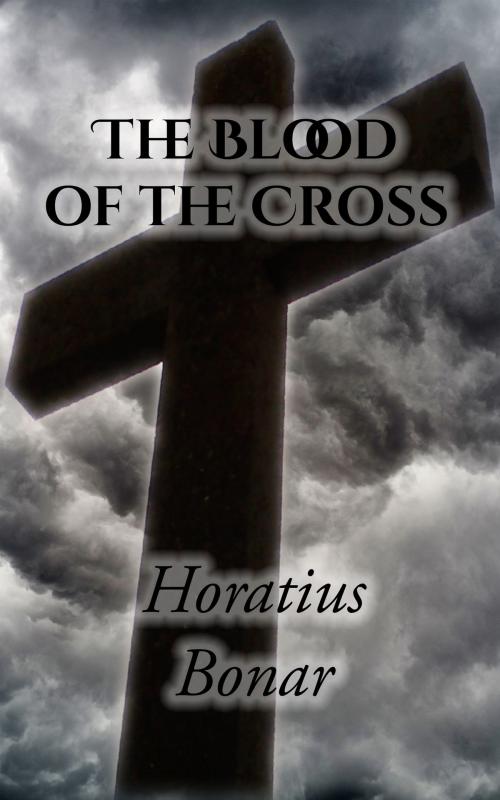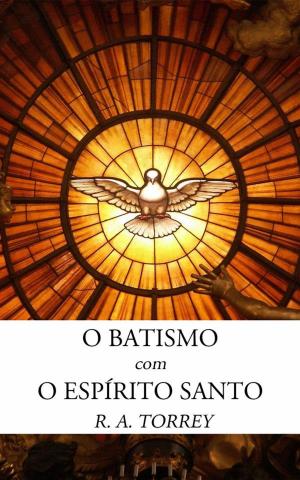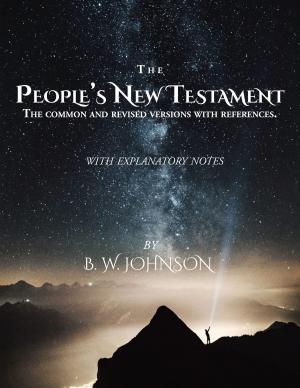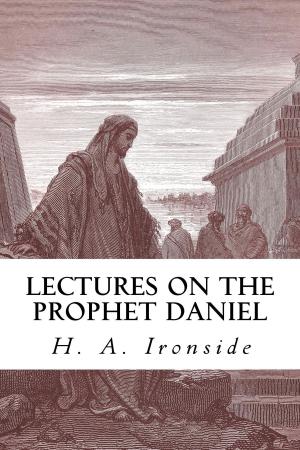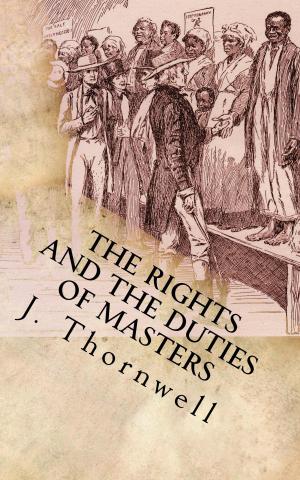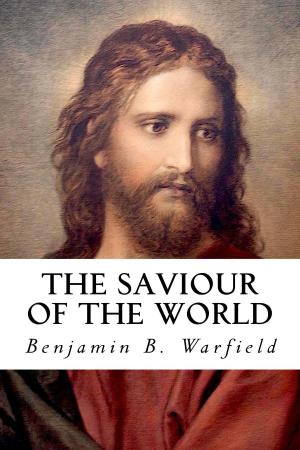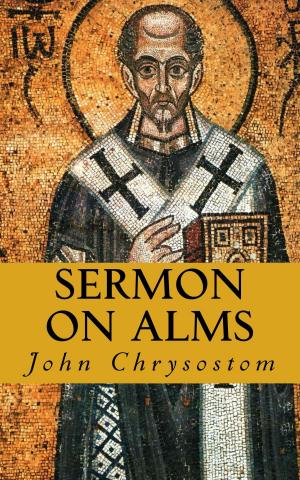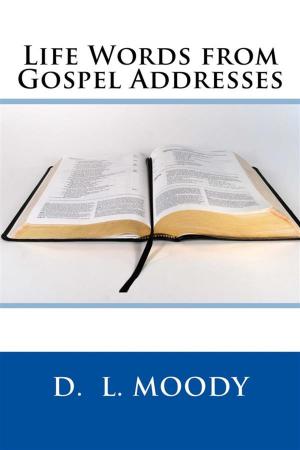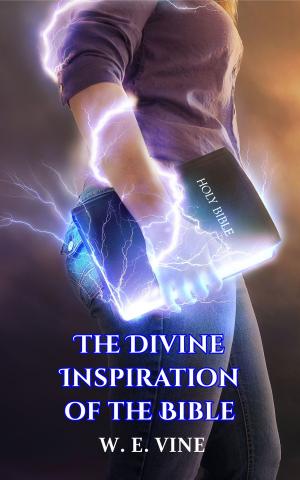| Author: | Horatius Bonar | ISBN: | 1230001932928 |
| Publisher: | CrossReach Publications | Publication: | September 25, 2017 |
| Imprint: | Language: | English |
| Author: | Horatius Bonar |
| ISBN: | 1230001932928 |
| Publisher: | CrossReach Publications |
| Publication: | September 25, 2017 |
| Imprint: | |
| Language: | English |
That blood has been shed upon the earth, and that this blood was no other than the “blood of God,” all admit who own the Bible. But admitting this, the question arises, how far is each one of us implicated in this blood-shedding? Does not God take for granted that we are guilty! Nay further, that this guilt is the heaviest that can weigh a sinner down!
If so, then is it not a question for the saint, how far have I understood and confessed my participation in this guilt incurred by my long rejection of the slain One? How far have I learned to prize that blood, which though once my accuser is now my advocate? How far am I now seeing and rejoicing in the complete substitution of life for life,—the divine life for the human,—which that blood-shedding implies?
Is it not also a serious question for the ungodly, is this blood-shedding really and legally chargeable against me? Is God serious in saying that he means to reckon with me for this? Is this blood at this present moment resting over me as a cloud of wrath ready to burst upon my head so soon as my day of grace runs out? Is it on account of my treatment of this blood that I am to be dealt with at the seat of judgment! Is my eternity really to hinge on this?
If so, what course can I pursue? Can I, like Pilate, take water and wash my hands saying “I am innocent of the blood of this just man”? No: that is hopeless My long rejection of it must involve at least something of the guilt; how much, remains yet to be seen. If I cannot clear myself, and if I cannot extenuate my crime, then I must either brave the trial and the sentence, or make haste to enter my protest against the deed as the only course now remaining for me.
In such a matter there is room neither for delay nor uncertainty. Let the matter at once be inquired into, and put beyond the reach of doubt. Is it possible that any one can rest with less than a certainty of forgiveness so long as such a charge is hanging over him. Either he does not understand its meaning, or he is resolved to set it at nought.
No certainty can be greater than that I am guilty of the crime. Can I rest satisfied with anything but an equal certainty that this crime has been cancelled? To be sure of guilt, and not to be sure of pardon, is a fearful condition indeed. To know that there is a Saviour whose blood cleanseth from all sin, and yet not to know with equal certainty that all the blessings flowing from his blood have become mine, must be misery beyond endurance. Uncertainty in such a case is the very mockery of my grief.
Was the gospel meant to bring us no certainty here? Is our believing it designed to give us no assured peace? Is this assured peace a plant not of this clime? Must we wait for it till we reach the land of peace? Is it not our portion here, and is it not by having this that we are enabled to face and battle with the darkest storms of life?
That blood has been shed upon the earth, and that this blood was no other than the “blood of God,” all admit who own the Bible. But admitting this, the question arises, how far is each one of us implicated in this blood-shedding? Does not God take for granted that we are guilty! Nay further, that this guilt is the heaviest that can weigh a sinner down!
If so, then is it not a question for the saint, how far have I understood and confessed my participation in this guilt incurred by my long rejection of the slain One? How far have I learned to prize that blood, which though once my accuser is now my advocate? How far am I now seeing and rejoicing in the complete substitution of life for life,—the divine life for the human,—which that blood-shedding implies?
Is it not also a serious question for the ungodly, is this blood-shedding really and legally chargeable against me? Is God serious in saying that he means to reckon with me for this? Is this blood at this present moment resting over me as a cloud of wrath ready to burst upon my head so soon as my day of grace runs out? Is it on account of my treatment of this blood that I am to be dealt with at the seat of judgment! Is my eternity really to hinge on this?
If so, what course can I pursue? Can I, like Pilate, take water and wash my hands saying “I am innocent of the blood of this just man”? No: that is hopeless My long rejection of it must involve at least something of the guilt; how much, remains yet to be seen. If I cannot clear myself, and if I cannot extenuate my crime, then I must either brave the trial and the sentence, or make haste to enter my protest against the deed as the only course now remaining for me.
In such a matter there is room neither for delay nor uncertainty. Let the matter at once be inquired into, and put beyond the reach of doubt. Is it possible that any one can rest with less than a certainty of forgiveness so long as such a charge is hanging over him. Either he does not understand its meaning, or he is resolved to set it at nought.
No certainty can be greater than that I am guilty of the crime. Can I rest satisfied with anything but an equal certainty that this crime has been cancelled? To be sure of guilt, and not to be sure of pardon, is a fearful condition indeed. To know that there is a Saviour whose blood cleanseth from all sin, and yet not to know with equal certainty that all the blessings flowing from his blood have become mine, must be misery beyond endurance. Uncertainty in such a case is the very mockery of my grief.
Was the gospel meant to bring us no certainty here? Is our believing it designed to give us no assured peace? Is this assured peace a plant not of this clime? Must we wait for it till we reach the land of peace? Is it not our portion here, and is it not by having this that we are enabled to face and battle with the darkest storms of life?
